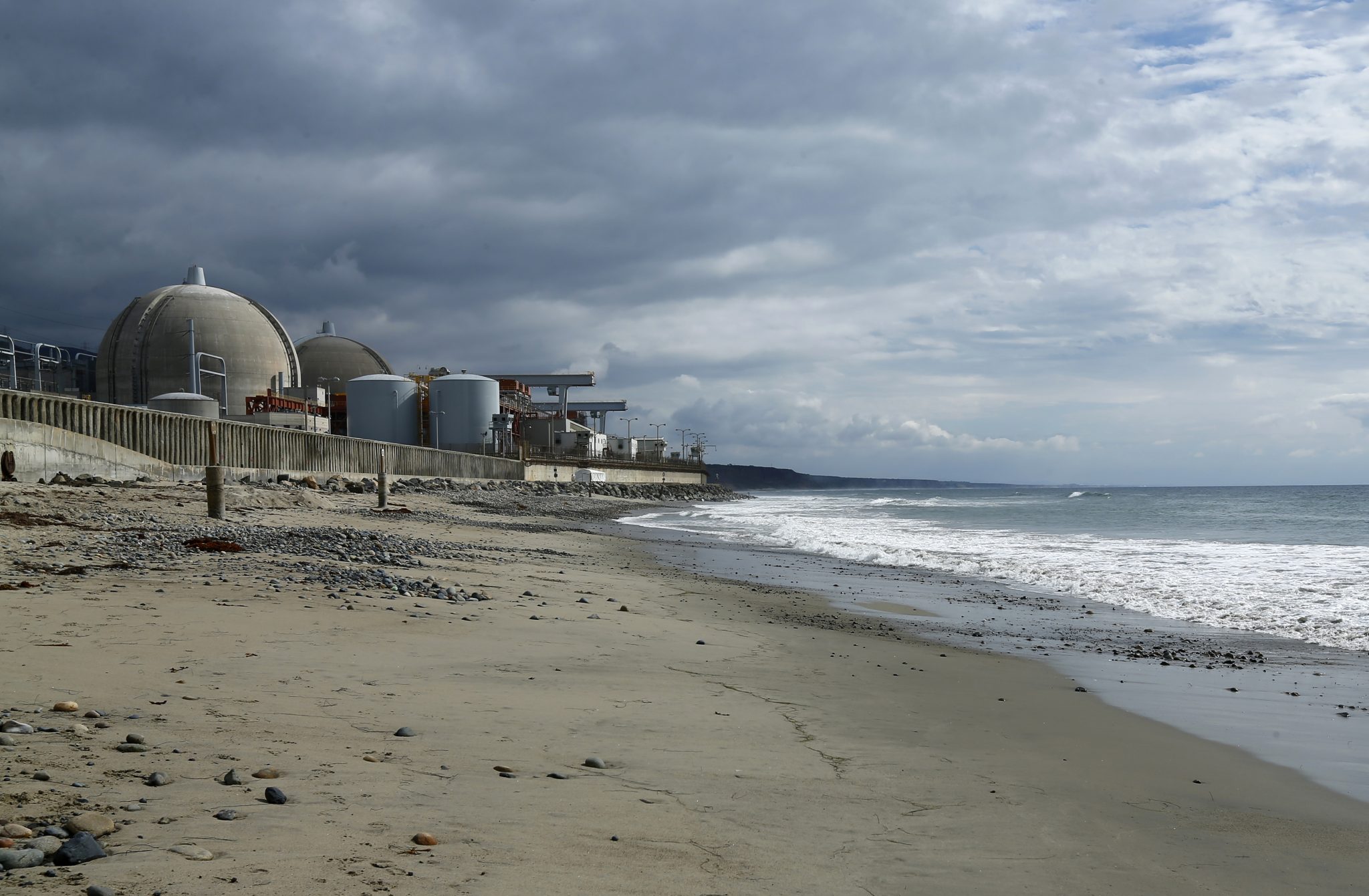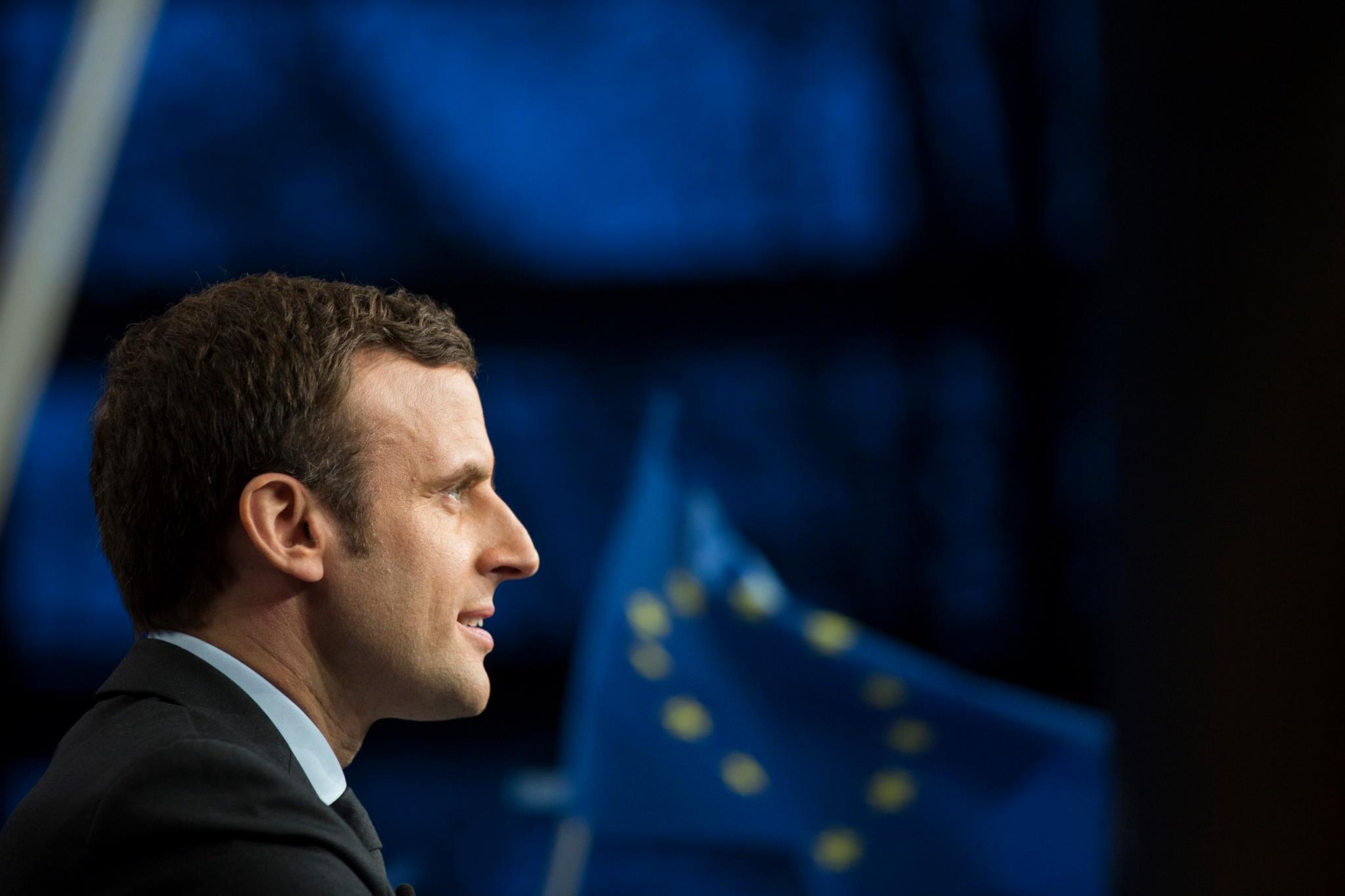
by SIJBREN DE JONG, JAN WOUTERS
On November 18, Maroš Šefčovič, the European commissioner for energy union, delivered the first ever State of the Energy Union speech, designed to become an annual moment of reflection on the progress toward creating a European energy union.
The EU has achieved much in terms of building pipeline interconnections between member states to increase the resilience of the EU internal energy market. Yet little progress has been made toward fostering a more coherent EU foreign and energy policy.
Still, the most contentious element of EU external energy policy is the series of bilateral agreements that member states strike with Russian energy giant Gazprom. The dominant view in Brussels appears to be that these deals undercut a common approach at the EU level in relation to both energy and foreign policy by deepening integration with Russia.
The European Commission is keen to emphasize that such an approach not only heightens risks to Europe’s energy supply but also undermines the EU’s ability to speak with a common voice on security and foreign policy issues involving Russia.
In an attempt to diversify Europe’s supplier base and get everybody singing the same tune, the commission and the EU’s foreign policy chief, Federica Mogherini, launched an action plan for energy diplomacy in July 2015 as a cornerstone of the energy union. However, in writing this action plan, the EU seemed to have forgotten what it is truly good at, and what it should instead leave to the rules of the internal market.
For a number of years already, Europe has been trying to diversify: to make sure that the EU imports its energy from multiple countries and along numerous transit routes to minimize any risk to its security of supply.
According to the commission and Mogherini, member states and the commission ought to speak with a single voice both in bilateral affairs and in multilateral forums such as the United Nations. Europe is a large market and therefore of interest to energy-exporting states. By acting collectively to the benefit of all, the risk that large energy-exporting countries such as Russia can drive a wedge between individual EU member states and the commission is reduced. As a result, larger EU countries that have a better negotiating position vis-à-vis companies such as Gazprom are prevented from securing better deals than weaker states that lack such privileges.
At least, this is the idea. The reality on the ground is very different. In multilateral forums, Europe—after a long and often contentious debate—usually finds common ground, but enforcing a one-for-all approach in bilateral affairs proves much more difficult. The biggest problem for the commission and Mogherini is that in practice, the EU has very few means at its disposal to keep member states in check diplomatically.
The proposed extension of the Nord Stream pipeline, which runs under the Baltic Sea, offers a good example. The EU’s action plan prescribes that the EU should accomplish energy diversification above all by courting key suppliers in the countries around the Caspian Sea and in North Africa—that is, countries other than Russia. But member states often do the opposite. Instead of strengthening their energy ties to this part of the world, Berlin and Vienna threw their weight behind expanding the existing natural gas pipeline between Russia and Germany. Leaving aside the economic, legal, and political feasibility of the so-called Nord Stream II, it is clear that this initiative does not follow the reasoning set out by the action plan.
A logical solution for not having a stick with which to keep member states in check would be to deepen European integration. However, with open talk of a possible Brexit and with Europe reeling from the refugee crisis, this seems hardly the right moment to speak about a transfer of powers to Brussels.
The answer to this problem should therefore be sought instead by going back to basics. Over time, the EU has acquired considerable powers in the areas of competition, the internal market, and external trade policy, with which it has the legal means to correct member states when they flout the rules. And these powers do not stop at the EU’s borders.
In April 2015, the commission pressed charges against Gazprom over the company’s alleged abuse of its market dominance. The message was clear: any operator that is active within the reach of EU jurisdiction, irrespective how powerful it is, is obliged to operate within the boundaries set by EU law.
Put differently, the commission may not be able to prevent EU member states from individually striking deals with companies such as Gazprom if this is deemed politically unwise, but it can see to it that these deals are in full accordance with competition law and that pipelines are open for more than one operator.
With the capacity of the original Nord Stream pipeline underused due to a legal dispute over the access regime of the OPAL pipeline, which connects Nord Stream to European markets, the decision of whether or not to remove this objection will be crucial. As the guardian of the EU’s treaties, the commission has an important trump card. The shareholders of Nord Stream II had better brace themselves for a long legal battle.
Sijbren de Jong is a strategic analyst at The Hague Centre for Strategic Studies and a lecturer in geoeconomics at Leiden University’s campus in The Hague.
Jan Wouters is Jean Monnet chair and professor of international law and director of the Leuven Centre for Global Governance Studies at the Katholieke Universiteit Leuven.
- This article appeared first on Carnegie Europe



